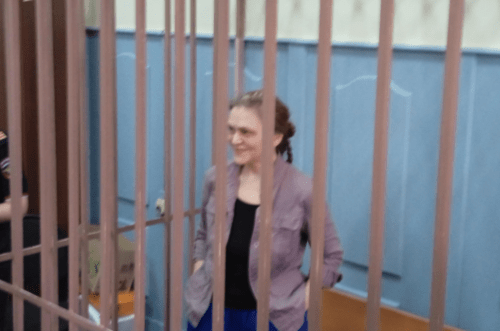
18 June 2024, 17:54
Court extends arrest of journalist Nadezhda Kevorkova
Nadezhda Kevorkova, a journalist, accused of justifying terrorism, has been left in custody until August 6, 2024.
The "Caucasian Knot" has reported that on May 7, the Basmanny Court of Moscow arrested the 65-year-old Kevorkova, accused of justifying terrorism, for two months. She refused to admit her guilt.
The text by Orkhan Djemal, the posting of which became the reason for accusing Nadezhda, had not been declared illegal earlier. The arguments that the post in Kevorkova's Telegram channel was accessible to a wide audience have nothing to do with reality, the advocate has noted. Kevorkova's post about the events in Nalchik in 2005 concerned the torture to which detainees were subjected and irritated law enforcers, while "she didn't support terror in any form," Maxim Shevchenko, a journalist and Nadezhda's ex-husband, has stated.
This article was originally published on the Russian page of 24/7 Internet agency ‘Caucasian Knot’ on June 18, 2024 at 08:28 pm MSK. To access the full text of the article, click here.
Author: Nakhim Shelomanov Source: СK correspondent




